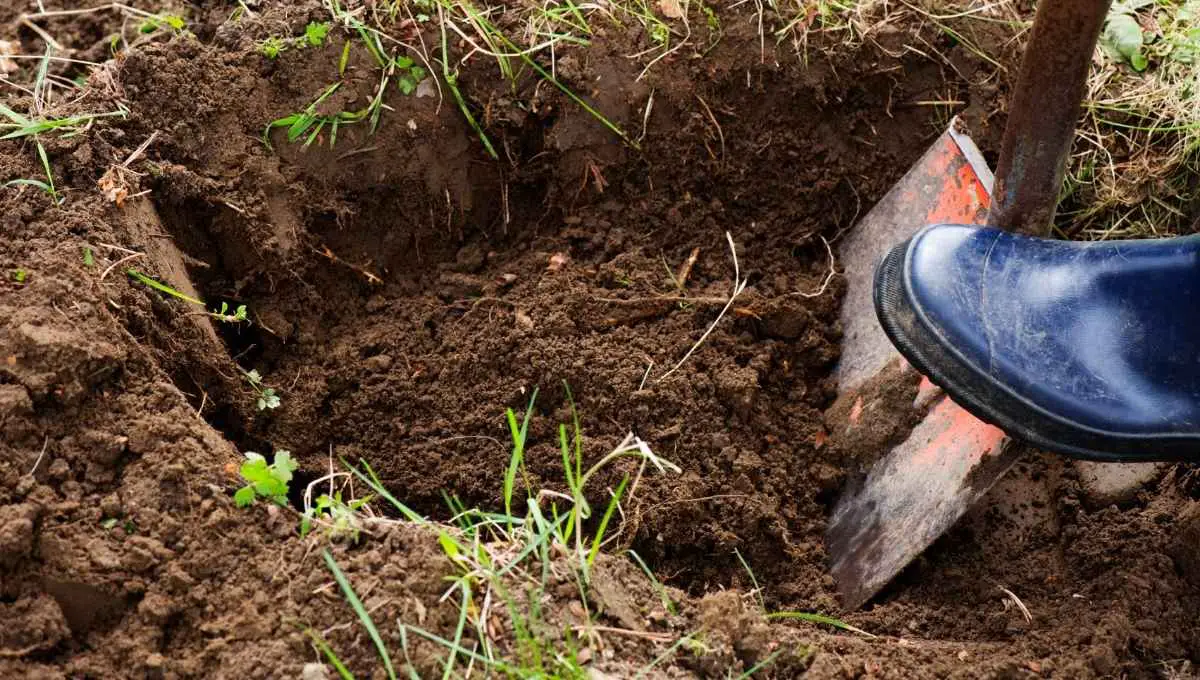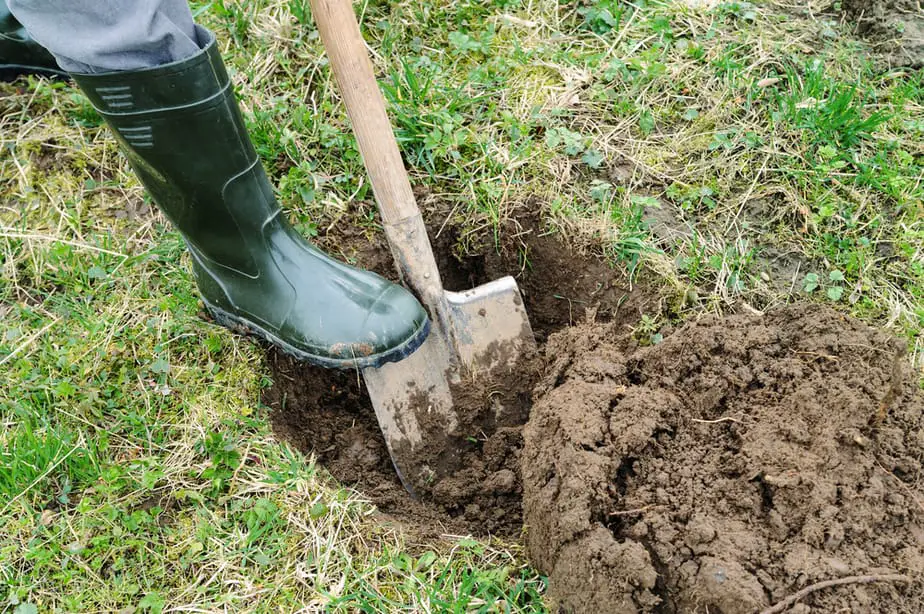
Have you ever wondered how deep you can dig in your backyard? Maybe you want to build a pool, a pond, or a bunker. Or maybe you're just curious. Whatever your reason, digging a hole in your backyard can be a fun and challenging project. But how deep can you go before you hit rock bottom?
The Shallow End

Most people can easily dig a shallow hole in their backyard. This might be a few inches deep, for planting a flower or burying a pet, or it might be a few feet deep, for building a small pond or foundation. You can do this with a shovel, a pick, or even a small excavator if you have one. Just be sure to call your local utilities to make sure you don't accidentally hit any gas, water, or power lines.
Going Deeper

If you want to go deeper, you'll need some heavy-duty equipment and a lot of patience. Depending on where you live, you might hit bedrock, clay, or water at a certain depth. In some areas, there might be regulations or permits required for digging deep holes. You don't want to accidentally cause a cave-in or a flood. And you don't want to risk your safety or your property.
The Limits

So, how deep can you dig in your backyard? The answer depends on many factors, such as:
- The type of soil or rock in your area
- The water table or aquifer level
- The slope or stability of your land
- The presence of underground utilities or structures
- The tools and skills you have available
In general, most people can dig a hole up to 6 feet deep without too much difficulty. Beyond that, you'll need more specialized equipment and expertise. Some professional excavators can dig holes up to 100 feet deep, but that's not something you should attempt on your own.
The Risks

Before you start digging in your backyard, you should be aware of the risks involved. These include:
- Collapsing or caving in of the walls or roof of the hole
- Exposure to toxic gases or fumes from the soil or water
- Injury from falling, slipping, or tripping
- Contact with live wires, pipes, or other hazardous materials
- Damage to your property or your neighbors' property
To minimize these risks, you should always:
- Wear appropriate clothing, footwear, and safety gear
- Use proper tools and equipment, and maintain them in good condition
- Follow the instructions and warnings of the manufacturers
- Have a plan for emergencies, such as injuries or accidents
- Get professional advice or assistance if you're unsure or inexperienced
The Rewards

If you're willing to take the risks and do the work, digging a hole in your backyard can be a rewarding experience. You can:
- Create a new feature, such as a pond, a pool, or a garden
- Uncover hidden treasures, such as fossils, rocks, or artifacts
- Learn about the geology, hydrology, or ecology of your area
- Enjoy the physical exercise and mental challenge of digging
- Bond with your family, friends, or neighbors over a shared project
The Conclusion
So, how deep can you dig in your backyard? The answer is: it depends. But whatever depth you choose, make sure you do it safely and responsibly. Don't take unnecessary risks, and don't damage your property or your environment. And don't forget to have fun and enjoy the journey.